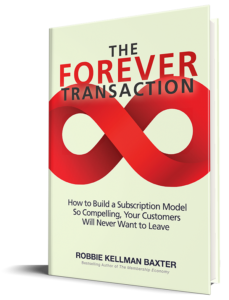I have been reading a lot of books recently on how people behave, and how marketers can and do take advantage of these predictable behaviors.
The first question to go through my mind, “Is this ethical?”
Definitely not when the target audience is kids. Both as a marketer and a mom, I recognize that children are not prepared to adequately defend themselves from the media onslaught which would have them eat candy for breakfast, play Barbie instead of imagination games, and dress like a Hollywood starlet at the age of 7.
Also, definitely not, when the known impact of the encouraged behavior has a high likelihood of a negative impact on the target (cigarettes, certain investments, maybe even french friends…)
Although there is more work to be done, much of these obviously unethical marketing activities are monitored and regulated by public and private organizations, and are much less prevalent than they were even a few years ago. These trends are being strengthed in light of the large scale dishonesty that is a key cause of the current economic downturn.
On the other hand–much of the learnings gleaned from research being conducted at top business schools across the country seem to be fair game for marketers. Two recent favorites are Predictably Irrational by MIT professor Dan Ariely, and Nudge by Thaler and Sunstein, both of University of Chicago.
Ariely takes a more neutral approach, simply pointing out the many ways in which people behave that go against what might be expected or even what the person might say he would do. Thaler and Sunstein introduce the idea of “libertarian paternalism” and point out the value of encouraging individuals to make the choices that would be in their best interest (eat healthier food, spend less money, exercise more) as well as the means to influence, or “nudge” them to make those choices.
One big idea that emerges in both books is the idea that people believe that they are more unique in their behavior than they actually are–in other words, even though everyone else stops using their annual gym membership after 3 weeks, I will be different. Certainly many subscription-based businesses take advantage of this type of natural human optimism.
Most marketers leverage some understanding of behavioralism to get people to buy more stuff. But few stay current on the research and apply that new knowledge in a systematic way. Is because marketers aren’t willing to put in the extra work of conducting the research, or because marketers don’t believe this research really applies in their businesses, or because they believe applied behavioralism is on the verge of unethical? What drives the behavior of the marketer?
Cool video from TED Conference, featuring Dan Ariely:


